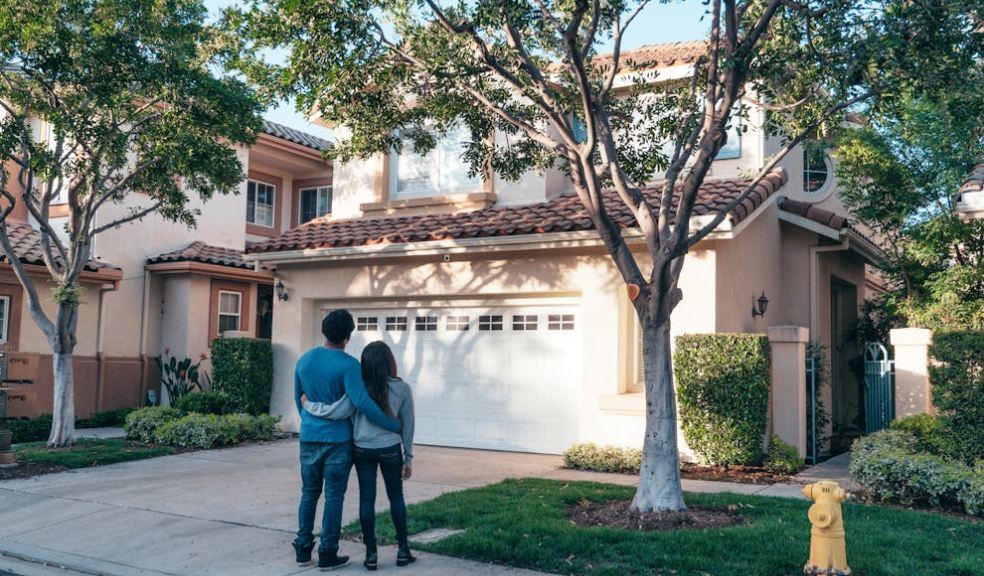
Landlord vs. Homeowner’s Insurance: What's the Difference?
As a property owner, securing the right insurance is essential. But if you're transitioning from living in your home to renting it out, or perhaps you're a new landlord, a crucial question arises: "Will my homeowner's insurance be enough?" The answer, in most cases, is a resounding no.
While both homeowners' and landlord insurance aim to safeguard your property and finances, they are designed to protect against very different risks and offer distinct types of coverage. Let's explore the key distinctions.
Homeowner's insurance protects your residence
Homeowner's insurance is specifically tailored for the property you live in. It generally provides comprehensive protection for:
- Dwelling structure: Covers damage to the physical building itself from perils like fire, storms, and vandalism.
- Personal possessions: Protects your belongings within the home, such as furniture, electronics, and clothing, against theft or damage.
- Personal liability: Offers financial protection if someone is injured on your property and you are found legally responsible.
- Temporary living expenses: If your home becomes uninhabitable due to a covered event, this coverage helps pay for temporary housing, food, and other necessary costs while repairs are underway.
The core principle behind homeowners' insurance is that you reside on the property, meaning your personal belongings and the risks associated with your presence are central to the policy's design.
Landlord Insurance protects your investment
Landlord insurance is specifically designed for properties you rent out to tenants. The primary difference here lies in who and what is being protected.
Here's what landlord insurance typically covers:
- Property structure: Similar to homeowner's insurance, this covers damage to the physical building of your rental property from specified perils.
- Loss of rental income: A crucial feature for landlords, this coverage reimburses you for lost rent if your property becomes uninhabitable due to a covered event, like a fire, during the repair period.
- Landlord-owned furnishings: It covers items you own and provide for tenant use, such as appliances, but does not cover your tenant's personal belongings.
- Landlord liability: This protects you, the property owner, if a tenant or their guest is injured on the premises and you're found legally liable due to negligence in property maintenance or safety.
- Optional coverages: Many landlord policies offer beneficial add-ons, such as malicious damage by tenants, rent guarantee or legal expenses or building code upgrade coverage.
Why homeowners’ insurance isn't enough for rentals
You might wonder why you can't simply use your existing homeowners’ policy for a rental property. The main reason is the significantly higher risk profile associated with renting out a property compared to living in it.
Here's why the risk changes:
- Absentee ownership: You're not on-site daily to monitor the property or address minor issues immediately, increasing the potential for unnoticed problems to escalate.
- Tenant-related risks: While most tenants are responsible, there's an inherent risk of accidental or even intentional damage.
- Increased liability exposure: Your liability significantly broadens. You're now responsible for ensuring the property is safe for your tenants and their visitors. If a loose handrail you were responsible for repairing causes an injury, you could be held liable. Your homeowner's policy isn't designed for these landlord-specific liabilities.
- No coverage for tenant belongings: Your homeowner's policy won't cover your tenant's possessions. Trying to claim personal property damage on a rental home using a homeowner's policy would likely be denied since you don't live there.
- No loss of income protection: Standard homeowner's policies do not provide coverage for lost rental income, which can be a major financial blow for landlords if their property becomes uninhabitable.
If you own a property that you rent out, landlord insurance is a non-negotiable necessity. Relying on a standard homeowner's policy is a substantial gamble that could leave you facing severe financial losses in the event of a major claim.
Investing in the correct landlord insurance policy is an investment in your peace of mind and the long-term success of your rental property business. To ensure your rental property is properly protected, it's always best to speak with an insurance professional.
Ready to get a quote for your rental property? Contact CIA Landlords today!











